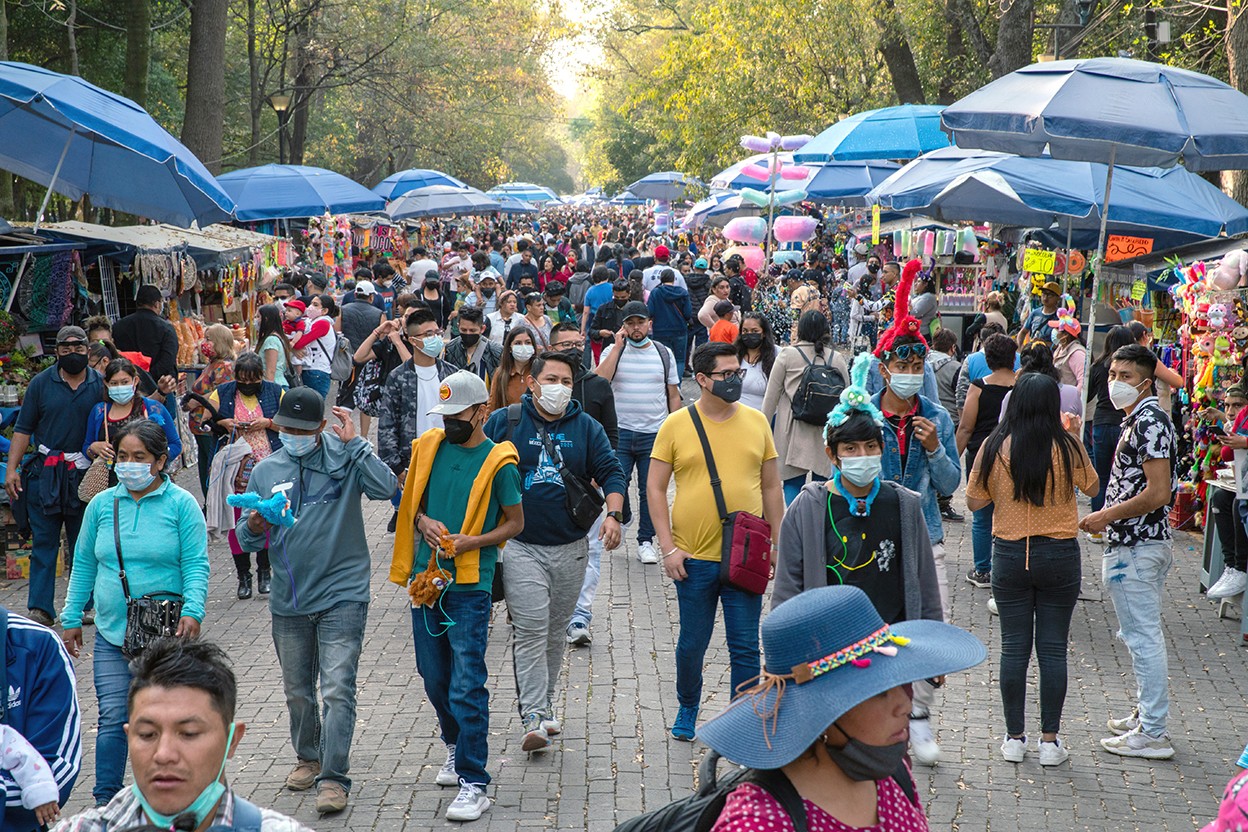How the mixed-race mestizo myth warped science in Latin AmericaPosted in Articles, Brazil, Caribbean/Latin America, Health/Medicine/Genetics, History, Media Archive, Mexico, Politics/Public Policy, Social Science on 2021-12-21 03:40Z by Steven |
How the mixed-race mestizo myth warped science in Latin America
Nature
Number 600 (2021-12-13)
pages 374-378
DOI: 10.1038/d41586-021-03622-z
Emiliano Rodríguez Mega, Science Journalist
Mexico City, Mexico

Researchers are trying to dismantle the flawed concept of homogeneous racial mixing that has fostered discrimination in Mexico, Brazil and other countries.
Nicéa Quintino Amauro always knew who she was.
She was born in Campinas, the last city in Brazil to prohibit slavery in 1888. She grew up in a Black neighbourhood, with a Black family. And a lot of her childhood was spent in endless meetings organized by the Unified Black Movement, the most notable Black civil-rights organization in Brazil, which her parents helped to found to fight against centuries-old racism in the country. She knew she was Black.
But in the late 1980s, when Amauro was around 13 years old, she was told at school that Brazilians were not Black. They were not white, either. Nor any other race. They were considered to be mestiços, or pardos, terms rooted in colonial caste distinctions that signify a tapestry of European, African and Indigenous backgrounds. And as one single mixed people, they were all equal to each other.
The idea felt odd. Wrong, even. “To me, it seemed quite strange,” says Amauro, now a chemist at the Federal University of Ubêrlandia in Minas Gerais and a member of the Brazilian Association of Black Researchers. “How can everyone be equal if racism exists? It doesn’t make sense.”
Amauro’s concerns echo across Latin America, where generations of people have been taught that they are the result of a long history of mixture between different ancestors who all came, or were forced, to live in the region…
Read the entire article here.